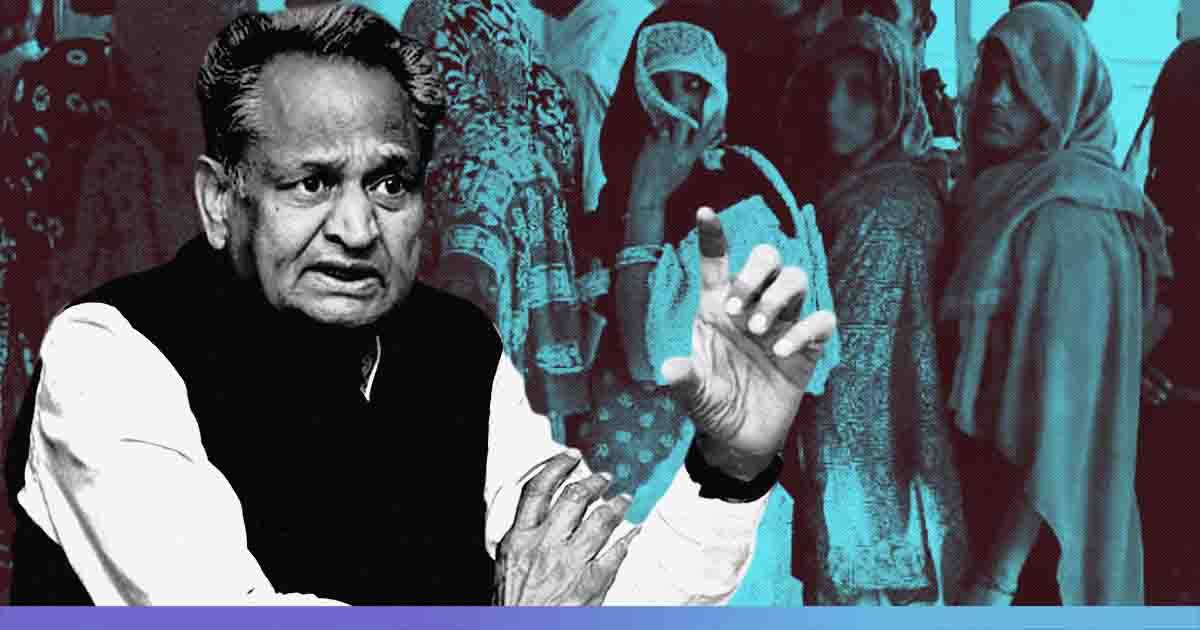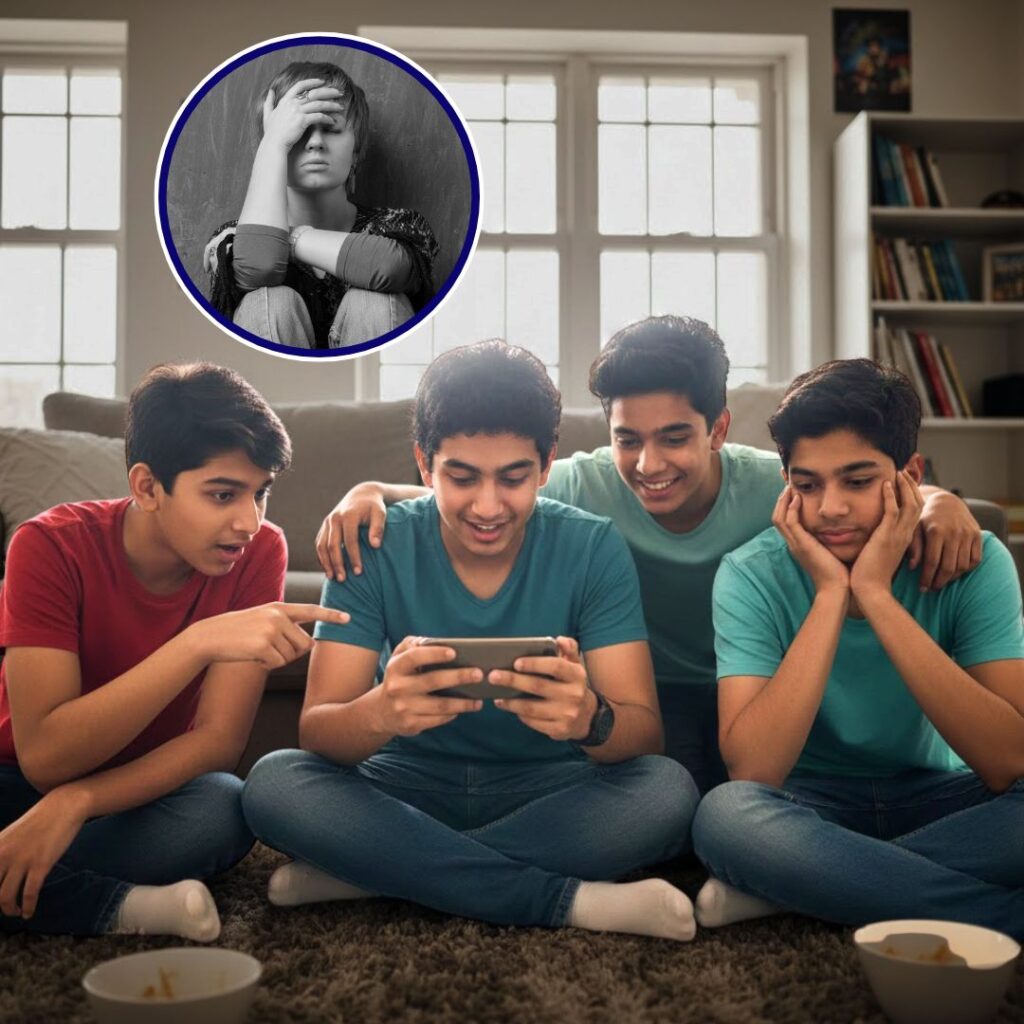Rajasthan Chief Minister Ashok Gehlot expressed his disappointment over the continued practice of woman covering their face with a ‘ghoonghat’ and said the practice must be eradicated as the times have ‘changed’.
Attending the 20th anniversary of ‘Ekal Nari Shakti Sangathan’ on Tuesday, November 5, he said that we are in a modern era and it is time to eradicate this age-old practice and let women take charge. He also released a book at the event called ‘Badlav ki Misal- Ekal Mahilayen’ which reads about how single women were active to bring about change in the country.
“Time has changed now but the practice of ”ghoonghat” is still there in villages. What is right in confining a woman to ”ghoonghat”? Women cannot progress till the ”ghoonghat” exists,” said Gehlot.
He later took to Twitter and urged that if we want women to play a constructive role in society then the practice of ‘ghoonghat’ should be abolished.
समाज को एक महिला को घूंघट में कैद करने का अधिकार नहीं है, नारी को घूंघट में कैद नहीं कर सकते।
नारी को जब दुर्गा कहते हैं तो उसकी भी देश के निर्माण में भागीदारी होनी चाहिए…अब ज़माना बदल चुका है, हिम्मत और हौसले के साथ महिलाओं को आगे बढ़ना होगा, सरकार आपको हमेशा साथ खड़ी मिलेगी। pic.twitter.com/g1zKsm8WAG— Ashok Gehlot (@ashokgehlot51) November 5, 2019
At the event, Gehlot also informed that while girls are being trained in self-defence in the government schools, the scheme will now be extended to all the girls in the state who are willing to join it.
In an era where Chavvi Rajawat becomes a Sarpanch of a village and Manu Bhakar wins a gold medal in rifle shooting, several women in Rajasthan continue to cover their face with ‘ghoonghat’.
In a survey conducted by Social Attitude Research, India, (SARI) in 2011 on prejudice practices in the country, it was found that 98 per cent women in rural areas and 90 per cent woman in urban areas in Rajasthan wear ‘ghoonghat’ every time they go out. It was also observed that the younger women are prodded to cover their entire face, and the older women have a lineage to cover just until their hair.
When looked back into history, the main reason why ‘ghoonghat’ was worn by the females was to protect themselves from the Muslim invaders in the 14th and 15th centuries. But this practice has been conditioned as a culture and became a reason to put women behind a veil and not let them claim their position in society.
Also Read: Women From Haryana Are Leading A Campaign To Stop Wearing The Veil












